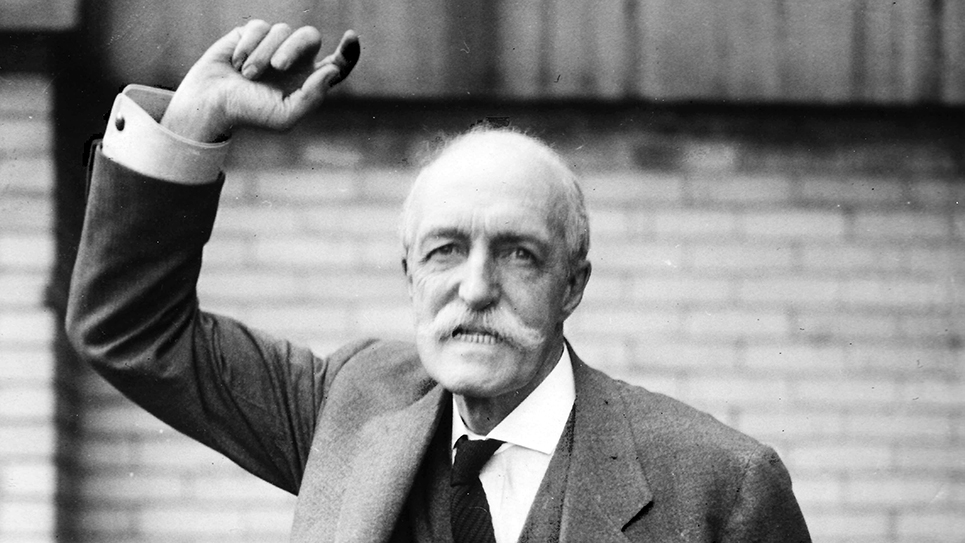Last year Christel Lane Swasey, writing at whatiscommoncore.wordpress.com, did a series on the Top Ten Scariest People in Education Reform. Marc Tucker weighed in at #3.
Who is Marc Tucker? Well for starters, he is known as the “architect of Common Core.” And last month, Rep. Harry Brooks invited him to speak to a joint meeting of House Education Committees. Could Harry be worried about the growing push-back against Common Core?
Tucker’s testimony to the House Education Committee was hardly his first. He has spoken at countless education conferences, including the Annenberg Institute, the Public Education and Business Coalition, Kentucky’s Conference on the Scholarship of Teaching and learning, the Aspen Institute, numerous colleges and universities, and has testified to other state legislatures.
First a little background. Marc Tucker has worked for decades to “strengthen the role of the state education agencies in education governance at the expense of local control.” He has also worked to alter the actual quality of U.S. education, by insisting kids don’t need more than Algebra I to be “college and career ready,” for example.
Tucker is the president of the National Center on Education and the Economy (NCEE). The main funder of Common Core, Bill Gates has paid millions to NCEE to promote these ideas.
Tucker is probably best known for his “Dear Hillary” letter, the infamous 1992 letter to Hillary Clinton, which is now part of the Congressional Record. According to Rocky Top Politics, Tucker’s plan would change the mission of schools from teaching children academic basics and knowledge to training them to serve the global economy in jobs selected by workforce boards.
The letter lays out a plan “to remold the entire American system” into “a seamless web that literally extends from cradle to grave and is the same system for everyone,” coordinated by “a system of labor market boards at the local, state and federal levels” where curriculum and “job matching” will be handled by counselors “accessing the integrated computer-based program.”
Swasey tells us that in 2007, Tucker authored a report which suggested that America had the constitutional authority to develop national standards, tests, and curriculum and tie teacher evaluation to teacher pay, among other non-constitutional ideas. Common Core wasn’t drafted until 2010, but Tucker was already busy laying the groundwork.
Swasey also tells us that in 2013, Tucker’s NCEE published another report, “What Does it Really Mean to Be College and Work Ready?” This report ascertains that it’s not important under Common Core to have high educational standards in high school. Students don’t need more math than Algebra I. Seriously.
Tucker writes, “Mastery of Algebra II is widely thought to be a prerequisite for success in college and careers. Our research shows that that is not so… Based on our data, one cannot make the case that high school graduates must be proficient in Algebra II to be ready for college and careers. The high school mathematics curriculum is now centered on the teaching of a sequence of courses leading to calculus that includes Geometry, Algebra II, Pre-Calculus and Calculus. However, fewer than five percent of American workers and an even smaller percentage of community college students will ever need to master the courses in this sequence in their college or in the workplace… they should not be required courses in our high schools. To require these courses in high school is to deny to many students the opportunity to graduate high school because they have not mastered a sequence of mathematics courses they will never need…” Where’s the rigor?
The 2013 report also addresses English, making the case that there is no use for traditional high school English classes, with their emphasis on classic literature and personal writing. In essence, Marc Tucker has actively promoted dumbing down the educational system, while marketing common core as “rigorous” academic standards.
And what words of wisdom did Mr. Tucker have for the House Education Committee? According to Grace Tatter at Chalkbeat TN, the basis of Tucker’s presentation was his 2011 book, Surpassing Shanghai: An Agenda for American Education Built on the World’s Leading Systems. Tatter said Tucker “drew terse exchanges with Tennessee lawmakers…even prompting one legislator to call his ideas ‘communism.’”
Surpassing Shanghai examines high-performing school systems in Shanghai, Finland, Japan, Singapore, and Canada. The book concludes that smaller class size, increased school options, and tougher accountability systems haven’t worked to improve educational outcomes. The book speaks of the importance of increasing teacher quality and the need to centralize control of schools, ideas that Tucker has long promoted.
One thing many educators agree with is Tucker’s claim that charter schools and choice do little to boost student performance – “an opinion,” writes Tatter, “that flies in the face of many House member’s public stances on education policy in Tennessee. “
He also told legislators that “the only action the United States currently is doing correctly in education reform is implementing academic standards based on critical thinking skills” – careful to never actually use the words “Common Core” – yet still shamelessly promoting his more “rigorous” standards.
Rep. Rick Womick was upset by Tucker’s promotion of a centralized approach to education at the expense of local control. He said, “We need to put it back into the hands of our local school boards, parents, teachers, and principals…This idea of bringing everybody under one collective system, that’s nothing but communism…centralized control.”
Tatter points out that not all legislators were disturbed by Tucker’s presentation. She said that Harry Brooks said Tucker’s book greatly influenced him, and (newly appointed) State Education Commissioner Candice McQueen also referred to the 2011 book when she spoke earlier this month to legislative education committees. That’s the same Candice McQueen who wouldn’t think of allowing Common Core standards into the private Lipscomb Academy she headed prior to her appointment.





